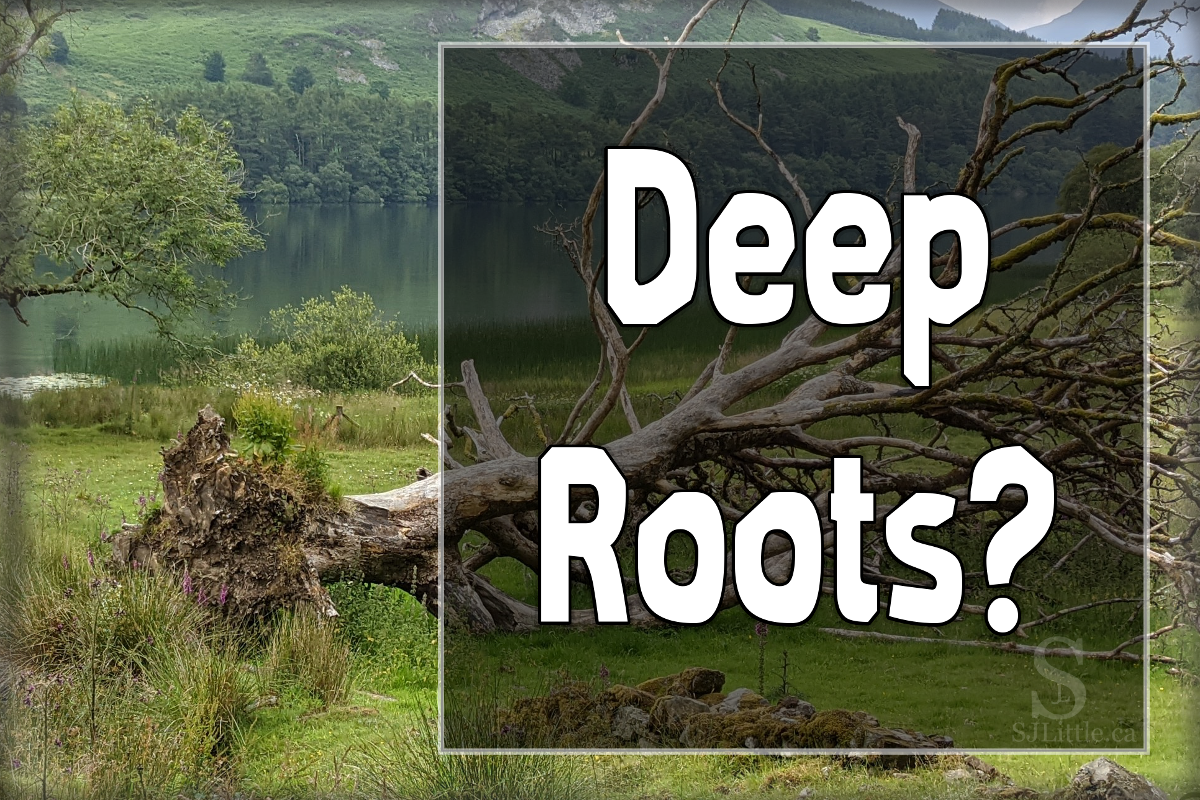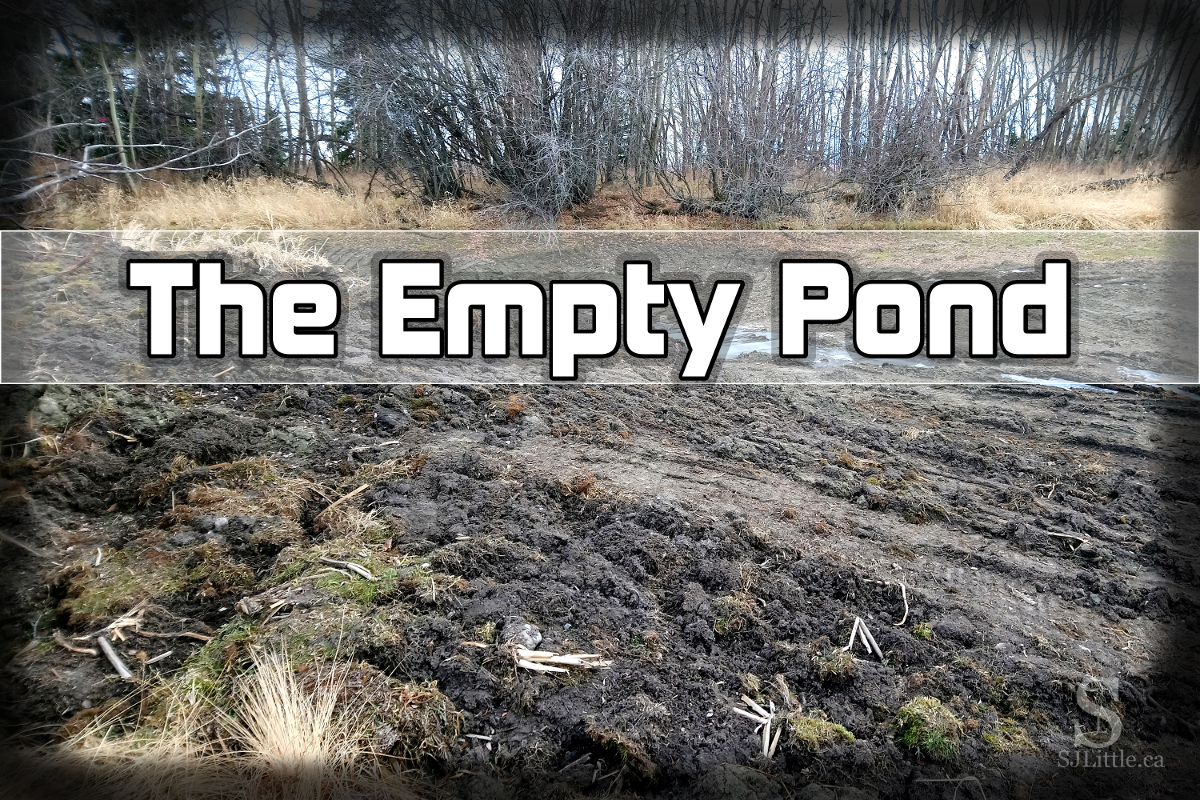
Pulling out my laptop, I turn it on. I settle onto a comfortable seat and open a web browser.
The time to introduce solid food to my baby is closing in fast now that she is four months old.
She certainly thinks it is time for more than just milk.
Every chance she gets she reaches for our food. Anytime she spots us eating, she drops her toy and studies our every movement as we take a bite, chew, and swallow. (I’m certain she’s taking notes for when her turn comes.)
With these things in mind, I open an online shopping website. Shopping online is much easier than in person with a four month old in tow.
I review my mental list of the items I need: a bib, baby spoons, and some sort of bowl or plate for giving her food as she learns to feed herself.
Okay, I may as well start with the bib. I type “silicone bib” into the search bar because I want a bib that’s easy to wipe clean and has a food catcher that stays open.
I glance at the number of results. Over 1,000! Oh boy, that’s a lot of items to sort through as I decide which one to buy.
I begin scrolling through the items. Some come in sets of two or three bibs. Some come with bowls or plates. Some have super cute designs. Others are not silicone bibs at all.
I survey the prices and sample the reviews on a few items. The cheapest ones may not last as long.
I study one of the more expensive ones that has a fantastic rating. Wait. I’ve seen that bib design before.
I scroll back through the items. Yes, there it is. I count the number of size adjustments and study the picture. Yup. It’s the same bib, just in a different colour.
As I continue to browse I note that, while there are four or five different makes of silicone bibs with food catchers, the majority of the options are simply different colours or patterns of the same bib, even when the sellers label them as different brands.
Well, that simplifies my options a lot.
Next, I begin to focus on which items are contained in each set. I figure that, since I want a spoon and a bowl anyways, why not get them with the bib?
Even with that decision made, there are still so many options to choose from: wooden spoons, silicone spoons, fork and spoon sets, plates with dividers, bowls, and containers with lids.
Finally, I settle on a set that comes with one silicone bowl, one silicone baby spoon, and a bib.
Now to choose the colour. At least this set only has three options. I settle on light turquoise.
Phew. That was a lot of choices to make. Sometimes having so many choices can be overwhelming and, at the very least, time-consuming.
Thinking about choosing between so many options leads me to ponder life.
In life, I have many choices. I choose which clothes to wear, and I choose the type of people I spend time with. I choose what I do with my free time, and I choose which type of food to buy.
The Bible talks about the choices I have to make as well.
For example, when Moses knew his time of death was near, he instructed the Israelites about how to live by giving them laws. Having laid all these out he said to them,
“…I have set before you life and death, blessings and curses. Now choose life, so that you and your children may live and that you may love the Lord your God, listen to His voice, and hold fast to Him. For the Lord is your life…” Deuteronomy 30:19-20a (NIV)
The biggest choice I make each day is whether or not to follow Jesus.
I’m not referring to the choice to receive Jesus as my Saviour when I understand what the Gospel is. Accepting that Jesus died on the cross to give me new life is a one-time decision.
Rather, I am referring to the ongoing decision to submit my will to Jesus and to walk closely with Him. This is a decision I must make anew every day.
Indeed, each new morning I have many choices. Most importantly, I get to choose who or what to live my life for.
I may choose to live my life for pleasure. I may choose to live my life for the wonderful feeling of helping others. I may choose to live my life for the pursuit of money, popularity, and fame.
All these may sound like different options, and they look very different in how they are lived out. Yet, when I examine them closer they really are not all that different.
Just as so many of the bibs looked different but in reality were the exact same make of bib, in a similar way most of the choices of how I live my life are in reality all the same. They lead away from the abundant life Jesus wants to give me (John 10:10).
When I look under the surface I really only have two options to choose from. Will I follow Jesus today? Or will I go my own way?
Perhaps the words of Joshua are a fitting note to end this post on.
“But if serving the Lord seems undesirable to you, then choose for yourselves this day whom you will serve… But as for me and my household, we will serve the Lord.” Joshua 24:15 (NIV)






